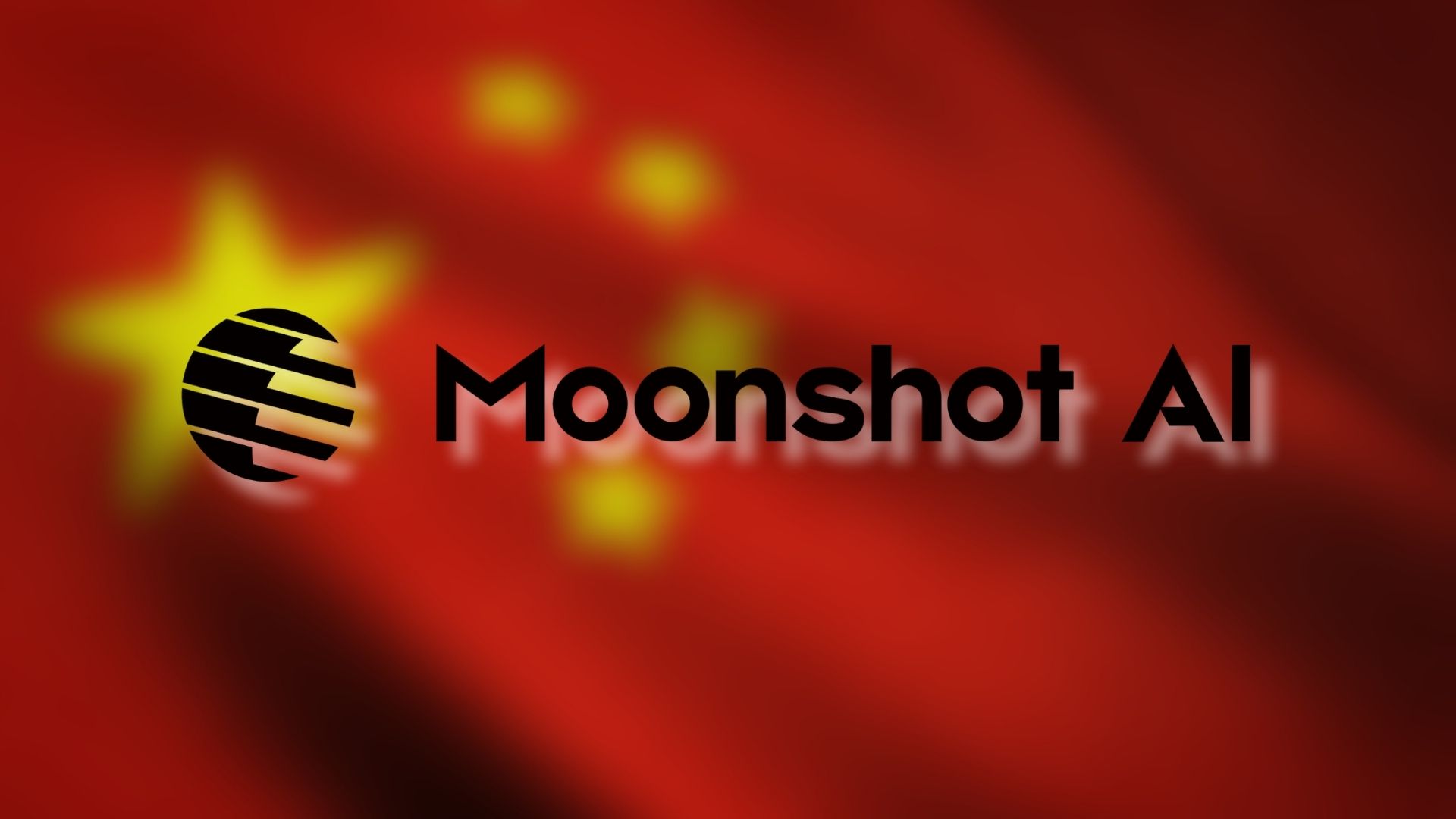TikTok says recovery of its US infrastructure is progressing, although technical issues continue to affect parts of the platform after a data centre power outage.
The disruption followed the launch of a new US-based entity backed by American investors, a move aimed at avoiding a nationwide ban.
Users across the country reported problems with searches, video playback, posting content, loading comments and unexpected behaviour in the For You algorithm. TikTok said the outage also affected other apps and warned that slower load times and timeouts may persist, rather than returning to normal performance.
In a statement posted by the TikTok USDS Joint Venture, the company said collaboration with its US data centre partner has restored much of the infrastructure, but posting new content may still trigger errors.
Creators may also see missing views, likes, or earnings due to server timeouts rather than actual data loss.
TikTok has not named the data centre partner involved, while severe winter storms across the US may have contributed to the outage. Despite growing scepticism around the timing of the disruption, the company insists that user data and engagement remain secure.
Would you like to learn more about AI, tech and digital diplomacy? If so, ask our Diplo chatbot!










